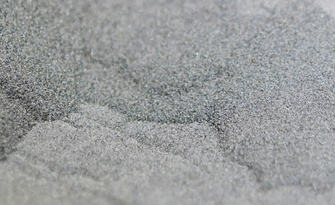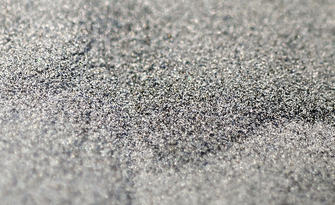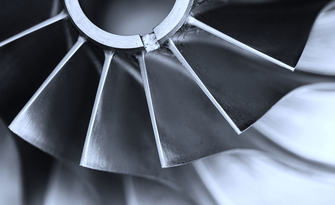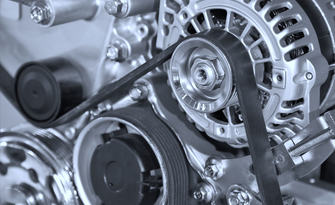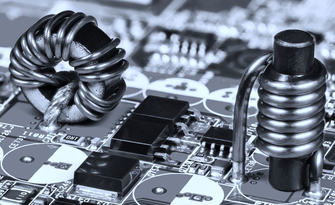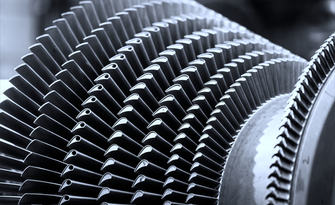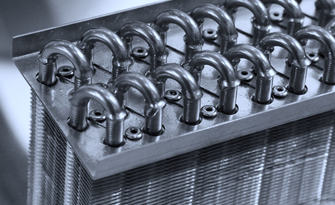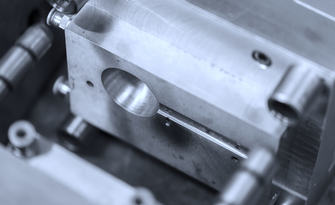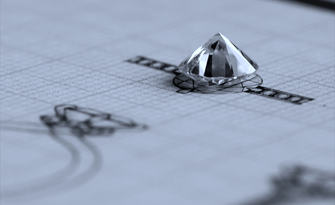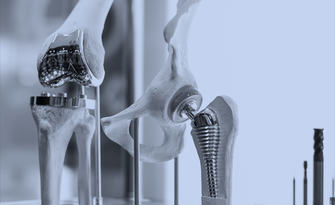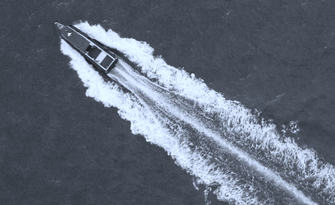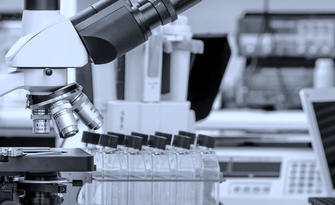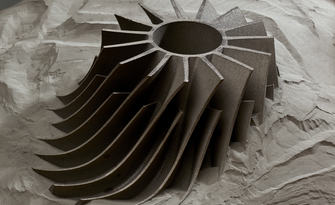
Prima Additive and Comau respond to Euro 7 standards with a fully automated brake disc coating solution
- The two Italian companies have developed a robotized solution for high-speed laser cladding to safely and efficiently apply layers of metal powder to raw brake discs
- By making the discs more resistant to wear, the solution reduces emissions pollution by up to 80%
- The automated solution was shown at Stellantis Factory Booster Day and will be installed at the automaker by the end of the year
- The system cost-effectively allows Automotive OEMs to comply with the Euro 7 standard requiring a significant reduction in the particle emissions from brakes
Prima Additive and Comau, two Italian companies and global leaders in their respective sectors, have joined forces to showcase the advantages of dual-layer laser cladding having developed a high-speed, fully automated brake disc coating system for Stellantis. The first in a series of robotic-driven Rapid Coating Process cells was presented during the Stellantis Factory Booster Day, held in Turin (Italy) on September 18. By hard coating the raw brake discs with resilient steel and composite materials, the solution will enable Stellantis to significantly increase brake disc durability, reducing emissions pollution by up to 80%; all while keeping cycle times at a minimum. This in turn, will allow the automaker to fully comply with the Euro 7 standard requiring a 27% reduction in particle emissions from brake discs by the end of 2026.

With a combined commitment to innovation that spans over 50 years, Comau and Prima Additive developed the robotic cell using a combination of advanced laser systems, high-speed robotic arms, additive manufacturing processes and safe powder management. Furthermore, the full integration of Comau’s robotic arms with Siemens SINUMERIK Run MyRobot allows the industry-standard software platform to directly control the robotic arm without the need for external or embedded robot controllers. The modular system also allows maximum flexibility and productivity. Indeed, the cells are equipped with adjustable grippers that can handle different sizes of discs, from cars to trucks, to address evolving production mix scenarios. Finally, in addition to being highly versatile and energy efficient, the solution is characterized by a reduced overall footprint.
“At Prima Additive, we believe that collaboration and innovation are the driving forces shaping the future of manufacturing,” explained Paolo Calefati, CEO of Prima Additive. “Our collaboration with Comau joins two companies with deep expertise in their respective fields to develop a truly cutting-edge industrial solution in automation and advanced laser systems for material processing. More importantly, the laser system developed for the brake disc coating application is one of the most profitable and sustainable cases of laser additive manufacturing/laser cladding technology applied in mass production for automotive. This solution not only contributes to improving the performance and the durability of automotive brake discs, but it also plays a crucial role in promoting sustainability by reducing the overall environmental impact of motor vehicles.”
“This robotized solution represents a great example of innovation, led by two Italian companies who have developed advanced technologies to meet important sustainability targets”, added Pietro Gorlier, CEO of Comau. “In working together to safely automate high-speed laser cladding, Comau and Prima Additive are helping meet a growing demand in Europe and beyond for flexible, turn-key solutions that will help reduce particle emission pollution in response to recent regulations. We are confident there is significant market potential for this type of solution”
The jointly developed Rapid Coating system is scheduled to be deployed at the Septfonds plant in France by the end of 2024, making Stellantis one of the first automakers to launch a fully automated line for the hard coating of brake discs in compliance with Euro 7 policy standards.


